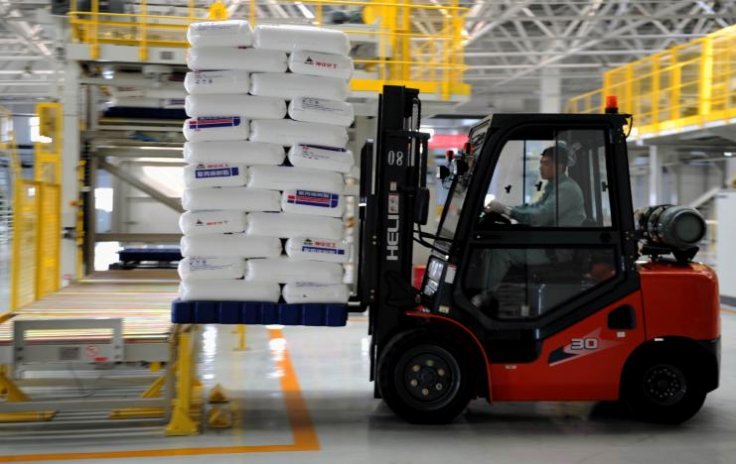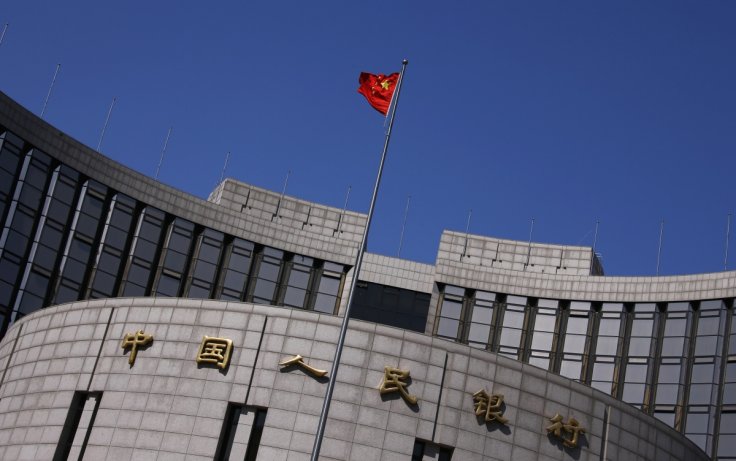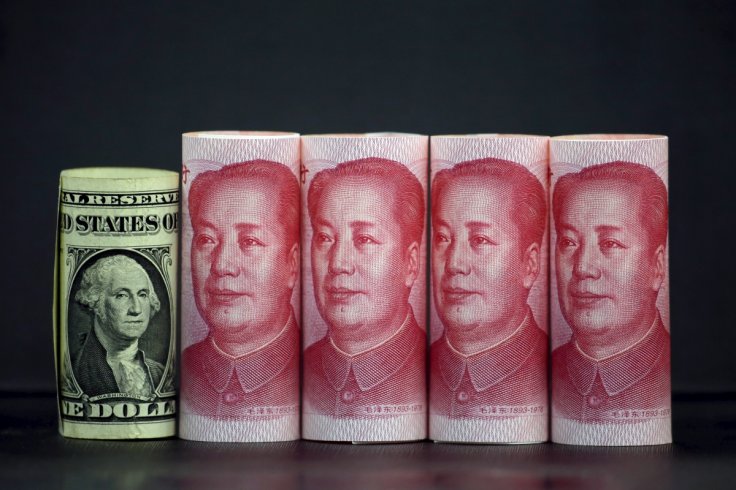The Chinese central bank cut key lending rates, in a move that surprised markets even as the latest data showed that the economy unexpectedly slowed in July.
While China's zero-Covid policy has been criticized for dealing a severe blow to the economy, the recent property market meltdown worsened the sentiments. In July, property investment nosedived as much as 12.3 percent, while new home sales dropped 28.9 percent.
Industrial Output
Industrial output for July grew 3.8 percent year-on-year, compared with a marginally better 3.9 percent recorded in June. Analysts polled by Reuters had estimated a 4.6 growth in industrial output in July.

Meanwhile, data from the National Bureau of Statistics (NBS) showed that retail sales registered 2.7 percent growth, which was significantly lower than analysts' forecast for 5 percent and below the 3.1 percent recorded in June.
"The risk of stagflation in the world economy is rising, and the foundation for domestic economic recovery is not yet solid," the NBS said in a statement.
The People's Bank of China (PBOC) said on Monday it was lowering the rate on one-year medium-term lending facility (MLF) to some financial institutions by 10 basis points to 2.75 percent from 2.85 percent.

The PBoC also injected 2 billion yuan into the economy through 7-day reverse repos and lowered the rates by 10 basis points to 2.0 percent from 2.1 percent. The PBoC said the move was intended to "keep banking system liquidity reasonably ample".
Surprising Move
"The rate cut surprises us ... It should be a response to the weak credit data on Friday. The government remains cautious about growth and will not let go," said Xing Zhaopeng, senior China strategist at ANZ, according to Reuters.

The world's second biggest economy is expected to miss its official growth target this year for the for the first time since 2015. "All economic data disappointed in July, with the exception being exports. Loan demand from the real economy remained weak, suggesting cautious outlook for the months ahead ...Now it is looking increasingly challenging to even achieve the 5-5.5% growth in the second half," Shanghai-based economist Nie Wen said, according to the Guardian newspaper.








